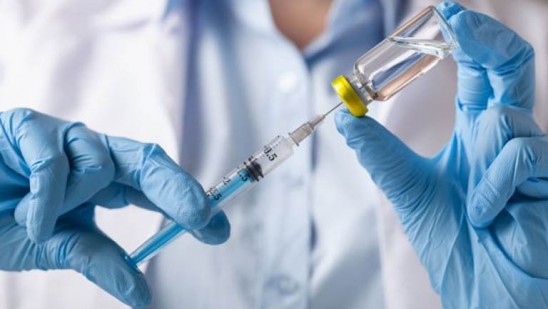Despite the fact that hundreds of millions of Pfizer-manufactured mRNA vaccines have been injected into people’s arms, until today the shot’s widespread consumption has been only under an “Emergency Use Authorization.” Today the US Food and Drug Administration has decided it can throw its full weight of approval behind the vaccine, opening the way for organizations, governments, and other large entities to mandate vaccination for staff and others.

It is expected that the certification, which has been in process since the vaccine entered the world stage in December 2020, will increase confidence in the treatment, helping overcome the last traces of vaccine hesitation which has led in part to the current surge in COVID-19 around the world, due to the spread of the Delta variant.
The US defense establishment announced that it will in all likelihood make vaccination mandatory for all members of the armed services. Universities have also said that they will require students and staff to be vaccinated if they want to attend in-person learning, among them the University of Minnesota and major public universities in Louisiana.
The FDA said it was able to upgrade the approval rating based on the large amount of hard evidence proving that serious side-effects are highly unusual, and the benefit of the vaccine vastly outweigh any risk presented by its administration.
President Joe Biden said, addressing those who have been wary of the vaccine because it was only being given under the emergency use authorization, that now that the vaccine has received the “gold standard” approval, “the moment you’ve been waiting for is here!”


